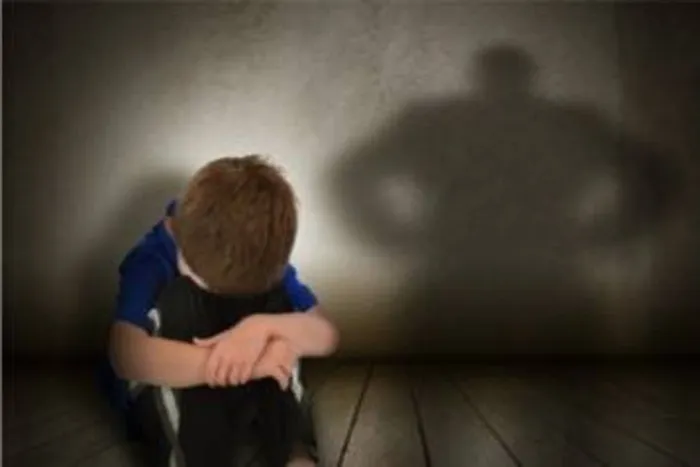Children’s rights organisation wants the police to do more to protect youngsters from sexual and physical abuse

Child Protection Week was commemorated this week. File image
Johannesburg – A 14-year-old girl from the south of Johannesburg was raped by an adult man in her community last month.
The matter was reported to the police and the suspect was arrested shortly afterwards, but the teenager then decided to move out of her family home to go live with her alleged rapist’s girlfriend.
According to Dr Shaheda Omar, the clinical director at the Teddy Bear Clinic, a centre for abused children, the girl’s mother reported the matter to the local police and pleaded with them to intervene and bring her daughter home, but they failed to take action.
“According to the Child Protection Act, the police can remove a minor from an adult’s care if there are fears that their lives and wellbeing is at risk,” Omar explained.
The Teddy Bear Clinic director who has worked on this case added that the suspect’s partner also facilitated telephonic conversations with the teenager and her alleged rapist while he was in jail.
“The child then refused to testify in court and that leads us to believe that she was perhaps influenced or even threatened or intimidated by her alleged rapist and his girlfriend, and all of this would have been prevented if the police removed her from their care.”
It was instances just like this and many other distressing examples of the police’s alleged treatment of minors who are victims of physical or sexual abuse that local children’s rights organisations have lambasted during their Child Protection Week 2021 commemorations.
During an engagement session with police minister Bheki Cele on Thursday, children’s rights foundations as well as Gender-Based Violence (GBV) organisations and civil society leaders raised concerns over law enforcement authorities not adequately fulfilling their mandate.
“This is a long-standing challenge we have had with the police,” Omar, who was part of the meeting, explained.
“There are also far too many times when children and their parents are turned away from reporting a case to the police and told to go to the station near where the crime took place.”
“This leads them feeling frustrated and powerless, and places even more trauma on the victim,” she said.
The police ministry confirmed that the virtual meeting between the minister and GBV organisations, including those involving sexual abuse again children, was held this week.
Spokesperson Lirandzu Themba admitted that victim’s frustration and difficulty at reporting cases of these nature was raised by the organisations as well as the manner in which some of them are treated by officers.
“It was a fruitful engagement where activist where given a platform to have their say.”
“There was also a discussion around what the SAPS can do better in order for justice to be served.”
Themba said that the increased training of officers, as well as a private place for rape victims to report their ordeals as well as access to a doctor for sexual abuse victims were put forward as possible solutions.
“Some of these interventions already exist as part of the ministerial six-point plan but we discussed how to sharpen and improve the police’s operations.”
Meanwhile, Omar added the conditions of some of Johannesburg’s courts during the Covid-19 pandemic have also traumatised child victim’s and their families.
“In some of the courts, there is no access to water or the bathroom facilities are not working, so this leads to cases being postponed during the pandemic because it is not safe for children and others to be there.”
“This prolongs their trauma and victimises them even further,” Omar believes.
While much more is known now about the novel coronavirus than a year ago, Omar believes that the conditions many youngsters were left to face during the lockdown has seen many of them being physically and sexually abused while others are starving and are not going to school.
“South Africa is a nation of binge drinkers and alcohol played a huge part in the treatment of children during the pandemic.”
“Many of their parents lost their jobs and were unable to provide for their families so they turned to alcohol, and while under the influence, they inflicted harm on their children.”
Omar said much attention is now needed on children’s mental health, which has been devastated during the pandemic.
“Initiative and drive need to be put into the mental wellness of children because many of them suffered anxiety, depression or some form of Post Traumatic Stress Disorder (PTSD) because of the virus and the hyper-vigilance, fear and avoidance of people and places it brought with it.”
While Child Protection Week was commemorated this week, Omar hopes that all sectors of society continue to come together throughout the year to protect children.
“Child Protection Week alerts everyone about this cause and highlights the need for it but there is still a need for a long term concerted effort and drive to mobilise action and hold people to account.”
Related Topics: